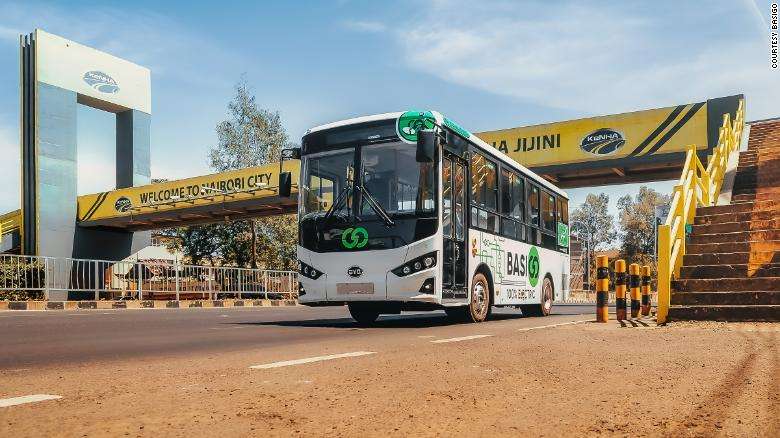This Content Is Only For Subscribers
Introduction
As the world continues to witness rapid advancements in artificial intelligence, one particular technology, generative AI, is poised to revolutionize the landscape of work in Africa. Generative AI, a subset of artificial intelligence, focuses on creating unique content, such as text, images, and even videos, with minimal human intervention. In this blog post, we will explore how generative AI is set to impact the future of work in Africa and delve into the industries that are expected to undergo significant transformations.
Empowering Creativity and Innovation
Generative AI technologies empower individuals and businesses to unleash their creativity. In Africa, where innovation knows no bounds, generative AI tools can facilitate the creation of innovative solutions across various sectors. From art and design to software development, generative AI encourages a culture of creativity and problem-solving, paving the way for groundbreaking inventions and products.
Enhancing Efficiency in Education
The education sector in Africa stands to benefit immensely from generative AI. Automated content generation can assist educators in creating personalized learning materials, catering to diverse learning needs. Additionally, generative AI-powered virtual tutors and interactive educational content can enhance the learning experience for students, making education more accessible and engaging.
Revolutionizing Healthcare Services
Generative AI is set to revolutionize healthcare in Africa by facilitating accurate diagnoses and personalized treatment plans. AI-powered tools can process vast amounts of medical data, aiding healthcare professionals in diagnosing diseases and recommending appropriate therapies. Moreover, generative AI can streamline administrative tasks, allowing medical staff to focus on delivering quality patient care.
Transforming Agriculture and Environmental Conservation
In the agricultural sector, generative AI applications can provide valuable insights to farmers. By analyzing data related to soil quality, weather patterns, and crop health, generative AI can optimize agricultural practices, leading to increased yields and sustainable farming. Furthermore, generative AI can aid environmentalists in analyzing ecological data, promoting effective conservation strategies to protect Africa’s rich biodiversity.
Impact on Job Market and Skills Development
While generative AI presents numerous opportunities, it also raises questions about the future job market. As certain tasks become automated, there will be a growing need for a workforce skilled in AI technologies. Investing in education and training programs focused on AI-related skills will be crucial to ensure that Africa’s workforce remains competitive in the global digital economy.
I joined colleagues and thought leaders from across Africa as we explored broad discussions on this and split around four broad pillars – Macroeconomics, Jobs/Labour markets and skills, Worker’s perspectives and Africa-centric AI tools and Platforms.
The engagements were rich across all the break-out rooms; as a tech leader operating on both the demand and supply side of talent, I chose to join these two tracks.
1. Jobs, Labour Markets and Skills – as shared by one of the facilitators according to Africa Development Bank, 10-12 million young Africans enter the labor market each year where only 3 million formal jobs are available.
Our discussions centered around the following areas.
a) How do we use this demographic dividend as a competitive advantage? for export or use across the continent.
b) For formal jobs – how are jobs changing? What is going away/coming?
c) How will generative AI impact labor laws if at all?
On skills, we explored opportunities to leverage AI on areas where the current education structures are strained.
2. Macroeconomics – Looking at the factors that influence the macroeconomic environment across the continent:
a) How can the continent leverage generative AI to boost trade, and economic growth as an example?
b) How do we use generative AI to boost economic factors such as improved employment rates given the demographic dividend that we have?
c) Do we have a goldmine at our fingertips? Is Africa better placed to participate in this revolution compared to the ones that have passed?
I am looking forward to the whitepaper that will capture the collective wisdom and insights shared during this one-day workshop.
I am also excited to have been part of this team, as we chart the way forward for Africa in this AI age and solve for our continent.





